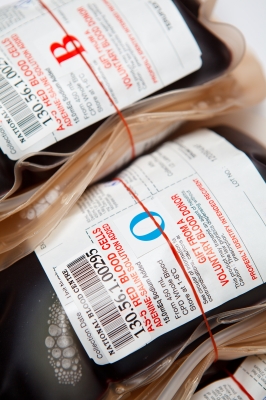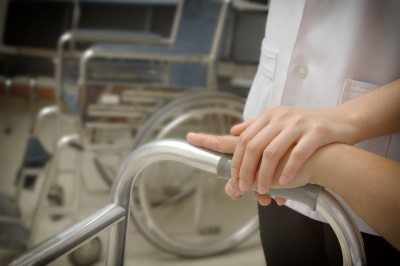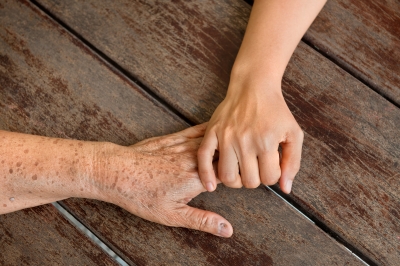Rare Blood Type may Raise Dementia Risk
A new study finds that people with blood type AB, about 4% of the population, may have an increased risk for memory problems as they age. Over a three year study, those with blood type AB were almost twice as likely to experience memory problems as those with type O blood. Those with blood type …













